EP 11: Forgiving Others Fully & Freely

It’s human nature to nurse our wounds. To rehash and replay offenses until they begin to fester deep within our soul. But God asks us to fully and freely forgive those who’ve wronged us.
What does this kind of forgiveness look like? And why does God expect it of us? Is it really possible to find freedom from the bitterness and resentment I’ve harbored for so long?
We’re discussing all these questions and more this week on The Loving Life at Home podcast, so I hope you’ll listen in. Most of the material for this episode was taken from a blog post I originally published in 2019, which you can read in its entirety below today’s show notes.
Show Notes
VERSES CITED:
- “Be kind to one another, tender-hearted, forgiving each other, just as God in Christ also has forgiven you.” (Ephesians 4:32)
- “Bear with each other and forgive any complaint you may have against one another. Forgive as the Lord forgave you.” (Colossians 3:13)
- “For if you forgive men their trespasses, your Heavenly Father will also forgive you. But if you do not forgive men their trespasses, neither will you Father forgive yours.” (Matthew 6:14-15)
- “As far as the east is from the west, So far has He removed our transgressions from us.” (Psalm 103:12)
- “Then Peter came to Jesus and asked, ‘Lord, how many times shall I forgive my brother or sister who sins against me? Up to seven times?’ Jesus answered, ‘I tell you, not seven times, but seventy-seven times.'” (Matthew 18:21-22)
- “A joyful heart is good medicine, but a broken spirit dries up the bones.” (Proverbs 17:22)
- “Father, forgive them for they know not what they do.” (Luke 23:34)
- “Love your enemies, do good to those who hate you, bless those who curse you, pray for those who despitefully use you… expecting nothing in return. Then your reward will be great, and you will be sons of the Most High; for He is kind to the ungrateful and wicked. Be merciful, just as your Father is merciful.” (Luke 6:27-36)
RELATED LINKS:
- I Married a Sinner (and So Did He) – the excellent advice Elisabeth Elliot gave me before I wed
- Don’t Beat the Other Slaves – my husband shares 6 principles of forgiveness

Forgiving Those Who Hurt Us
Has anybody ever said or done something that hurt you? Does the incident play over and over in your mind, like a tape? It could be something minor or something major — a cutting remark or a complete betrayal of trust — but your heart still aches or your temper flares every time you recount it.
Or maybe your wounds fester below the surface. You can go months without thinking about it. Perhaps you assume you’re finally over the hurt. Then BOOM. Something triggers the memory and the pain rushes back in as you realize you still haven’t let it go.

Learning to Let Go
We shouldn’t let our hurts from the past steal our joy in the present. To keep that from happening, it is imperative that we learn how to fully and freely forgive the people who have wronged us. The Bible has a lot to say about forgiveness, including verses such as these:
- “Be kind to one another, tender-hearted, forgiving each other, just as God in Christ also has forgiven you.” (Ephesians 4:32)
- “Bear with each other and forgive any complaint you may have against one another. Forgive as the Lord forgave you.” (Colossians 3:13)
- “For if you forgive men their trespasses, your Heavenly Father will also forgive you. But if you do not forgive men their trespasses, neither will you Father forgive yours.” (Matthew 6:14-15)
If I don’t forgive others, God won’t forgive me. That’s a sobering thought, isn’t it? I’m so glad God doesn’t dwell on my wrongdoings the way I sometimes perseverate on the fact my husband sent my favorite kitchen gadget to Goodwill!
Instead, God separates my sins from me “as far as the east is from the west.” (Psalm 103:12) And He calls me to reflect that same kind of grace to others.

Did He Really Mean Everybody?
Some may wonder whether God intends for us to forgive every wrongdoer in every situation. Didn’t Jesus offer us any exemptions from forgiving those who sin against us?
- What if they’ve done something horribly wicked?
- What if they never say they’re sorry?
- What if when they do apologize, it doesn’t sound like they really mean it?
- What if instead of apologizing, they shift blame?
- What if they justify their actions?
- What if they don’t deserve forgiveness?
- What if they are unrepentant?
- What if they keep right on doing the very thing I forgave them for?
I think Peter must have had some of these same questions in mind when he asked, “Lord, how many times shall I forgive my brother or sister who sins against me? Up to seven times?” (Matthew 18:21)
The disciple probably thought his offer was generous, but Jesus raised the bar substantially when He answered, “I tell you, not just seven times, but seventy times seven!” (Matthew 18:22)
In other words, don’t even try to keep track.
Why would God demand from us that kind of extravagant grace? Well, I think He does so primarily for our own benefit.

Freedom from Malice
Giving place to bitterness and resentment is bad for your health. “A joyful heart is good medicine, but a broken spirit dries up the bones.” (Proverbs 17:22) As one wise person observed, “Holding a grudge is like drinking poison and expecting the other person to die.” It hurts you far more than it hurts anyone else.
Forgiveness, on the other hand, fosters a spirit of humility and gratitude. It recognizes how great a debt God has forgiven us and chooses to emulate His amazing mercy in our relations to others.
Jesus provided us with the ultimate example when, even as He was being crucified, He prayed for his tormentors, “Father, forgive them for they know not what they do.” (Luke 23:34)
He urges us to do the same: “Love your enemies, do good to those who hate you, bless those who curse you, pray for those who despitefully use you… expecting nothing in return. Then your reward will be great, and you will be sons of the Most High; for He is kind to the ungrateful and wicked. Be merciful, just as your Father is merciful.” (Luke 6:27-36)

Test Your Heart
Have you forgiven your offenders as freely and fully as God requires? That last passage provides a great litmus test:
- Can you pray for this person? Not just going through the actions, but sincerely petitioning God on his behalf? Do you deeply desire his salvation and sanctification? Would it thrill your soul to see God mercifully draw him to repentance?
- God’s forgiveness does not necessarily cancel the consequences of sin. Jesus fully forgave the thief on the cross, but the thief still died a criminal’s death. Does knowing this make you gloat in anticipation or motivate you to pray all the harder?
- Are you mindful of the sin in your own soul? Do you recognize the fact that, but for the grace of God, you might’ve been guilty of the same offense?
- Does the knowledge that “hurting people hurt people” move you to compassion for this individual? Are you able to love him like God loves you?
Bitterness, resentment, and desolation dig a deep pit. The only way to escape such a pit is through the kind of forgiveness I’ve described above – a forgiveness that is admittedly impossible apart from God’s empowering grace.
To truly break free from all hurt and grief of our past, we must accept God’s forgiveness for our own sin, then channel that forgiveness to everyone around us – especially to those who have done us wrong.

More on Forgiveness
If you want or need to read more on the topic of forgiveness, I would recommend starting with one of the books listed below. Just click on the covers for more information or to order through Amazon (affiliate links)
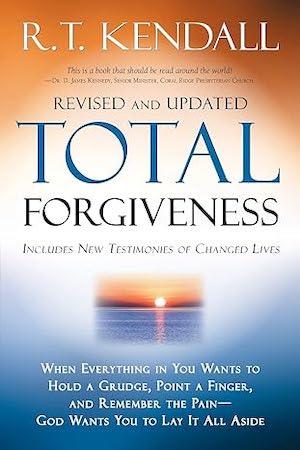
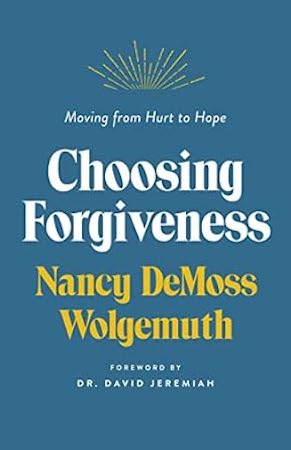
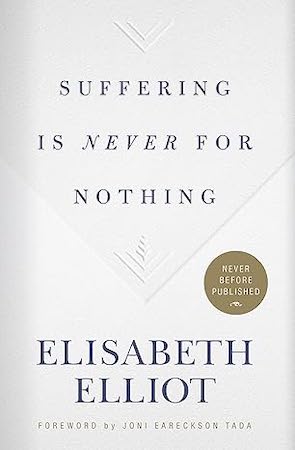



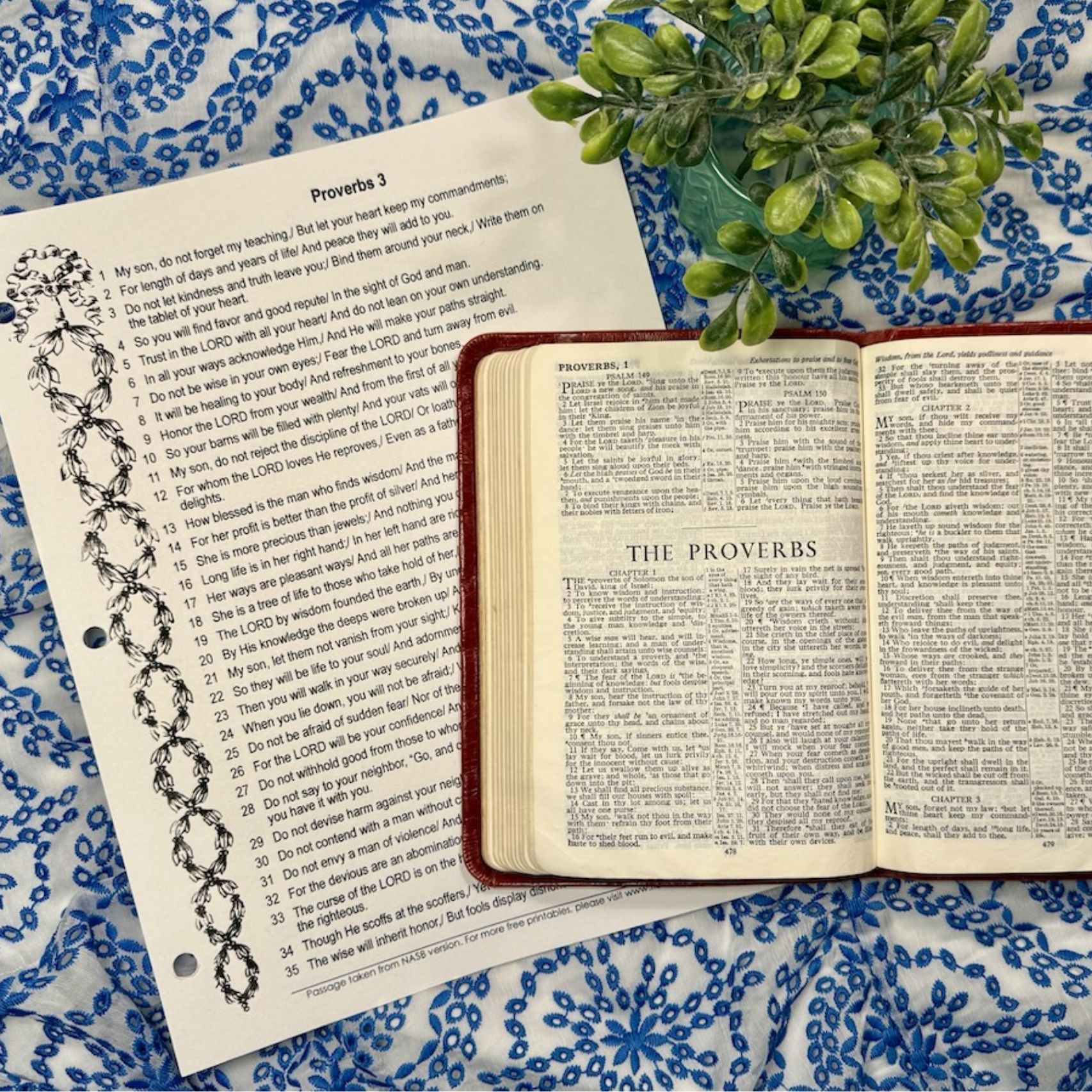
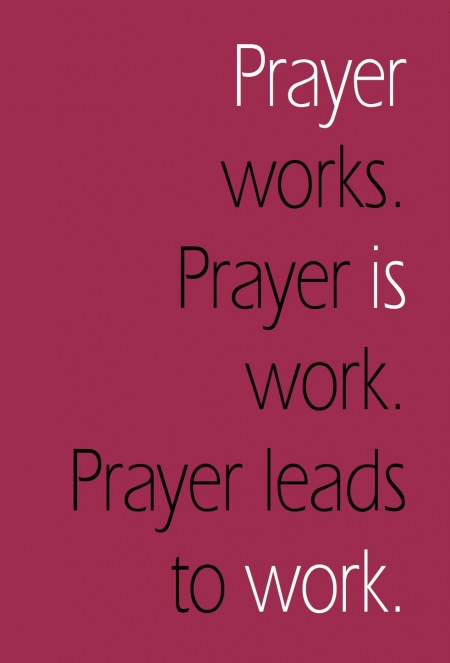



This is a teaching that sounds very Christian, but it’s missing an essential part – people can’t be forgiven if they do not repent. I think I would qualify your statement that we need to forgive everybody by saying that “believers should always be ready to forgive.” Even God does not forgive those who do not turn to Him through Jesus for salvation. He is ready to forgive, but He will not forgive those who reject Jesus as their Savior.
Year ago I listened to a sermon called “When Forgiveness is a Sin” by Michael Pearl of No Greater Joy Ministries. I was set free from bitterness when I realized this truth – the Bible teaches that vengeance belongs to the Lord, so I can freely entrust to Him all the people who have wronged me and continue in relationship with them to the extent that is safe, depending on how they’ve wronged me. I am ready to forgive, and praying that the people who have wronged me will see the error of their ways and seek my forgiveness.
Teaching Christians that they “just need to forgive everybody who has harmed them” enables a lot of abusive and evil behavior to continue in the church and families. It becomes a tool to oppress the abused even more and not allow them to grieve and process the pain inflicted on them by others or seek the justice/accountability that the perpetrator should face.
The church’s response to the abuse crisis has caused so many mothers and children to be stuck in abusive situations where the abusers are not held accountable by the church. In our area these moms and children only have government agencies to turn to for help because the church has essentially told them to “suck it up and forgive their husbands/fathers.” The church should be at he forefront of seeking justice for those who are abused.
The Bible teaches believers that we need to rebuke each other in love, speak truth in love, etc.
Sometimes loving people means setting boundaries that limit their evil behavior. The Bible also teaches us that love covers a multitude of sins – there are times where we need to just let things go.
We need wisdom from God to know when we should rebuke a fellow believer in love or just let it go.
I’m in the middle of a book by Dr. Henry Cloud called “Changes that Heal.” I highly recommend it – so full of wisdom on how to have healthy relationships in life. It has a lot of info that relates to this post.
Thank you for sharing your thoughts, Katie, and for the book recommendation. I agree with the vast majority of what you’ve written. Really, the only paragraph with which I’d take issue is your third, but our differences are probably just a matter of semantics.
Whenever somebody wrongs us, our natural inclination is to dwell on that wrong, to replay it over and over again in our minds, to harbor bitterness, anger, resentment, and/or hatred in our heart toward the person who sinned against us, and perhaps to even plot how we might retaliate, take revenge, or get even in some way. None of these thought processes are good for our own physical, mental, or spiritual health.
When I say we need to forgive, I mean we need to redirect our thoughts away from this negative, downward spiral and focus them on Christ instead. He tells us how he expects us to react to those who wrong us: “But to those of you who will listen, I say: Love your enemies, do good to those who hate you, bless those who curse you, pray for those who mistreat you….” (Luke 6:27-28).
Just to clarify: I do not equate forgiving a sin with eliminating the consequences of that sin. God doesn’t, either. The punishment for sin is death. He did not eliminate this punishment when He forgave my sins; He transferred the punishment onto His beloved Son, who willingly paid that penalty on my behalf.
Nor does God necessarily remove the more temporal consequences of our sins when He forgives us.
– If I sleep around, I can repent of that lifestyle and find forgiveness in Christ, but I must still contend with the STDs that resulted from my promiscuity.
– If I embezzle money from my employer, then confess that sin to God, He will fully forgive me just as He promised, but I don’t get to keep the money, and I may still lose my job.
– If I gamble away every paycheck, God can forgive and grant freedom from that addiction, but that doesn’t mean I won’t have to file for bankruptcy as a result of my actions.
– If I drive drunk and run over a pedestrian, God’s full forgiveness does not (nor should not) keep me from facing charges for DUI murder or manslaughter.
So when I say we need to forgive our offenders, I am NOT saying we should allow wife beaters, child molesters, drug abusers, identity thieves, murderers and rapists to continue in their sin unhindered. God forbid. Forgiveness is a posture of the heart. It won’t keep me from turning criminals into the authorities nor from prosecuting them within the full measure of the law. It will just affect the motivation behind my doing so.
Rather than springing from a heart full of hatred, bitterness, and a thirst for revenge, I would file charges with a sense of grief and sadness that such action was necessary and from a prayerful desire to protect future victims from being targeted and thus keep the perpetrator from storing up further wrath for himself on the day of judgement.
Forgiveness is hard, mine has to do with fellow church people
I’m so sorry. I know it’s especially painful when those who hurt us claim to be Christians. You’d expect better of people who’ve experienced the grace of God firsthand and have been commanded by Him to “treat others as you’d want to be treated yourself.”
Sadly, as long as we remain on this side of heaven, we will contend with a sin nature — and our sinful selves do not like putting the needs of others ahead of our own. As damaging as it is to our testimony, even believers can be incredibly selfish and insensitive at times.
Still, God is at work in the heart of every true Christian. He has promised to finish the work He began in each of us. He teaches us, matures us, conforms us to the character of Christ, and enables us to walk in victory over sin.
If you’ll let Him, He’ll also enable you to forgive those who’ve wronged you as freely as Christ has forgiven us.
The power to do the right thing is there. God Himself supplies it. The question is, will we accept the enabling grace God offers or keep doing our own thing?
Wanted to follow up with you, G. I noticed this post on Lisa Jacobson’s blog this morning: https://club31women.com/heal-broken-relationships-church/ . It made me think of you, as she’s writing about forgiving offenses that occur within the church. She has a podcast on the same topic. You may want to check it out.
Thank you, I needed this message on forgiveness today. And thanks for the free printables…. My daughter is printing the praying for myself home for each of us. God bless you Sistah!
You’re so welcome, Nicole. I’m glad to hear it was so timely.